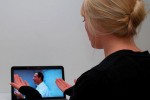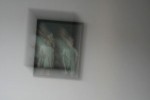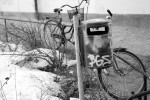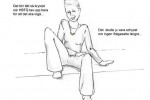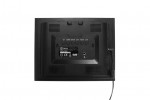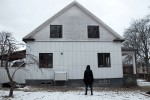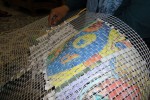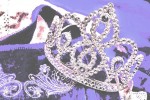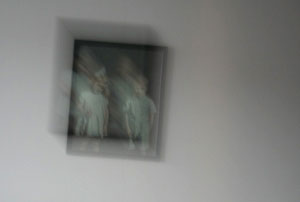
Memories are formed through our experiences sticking somewhere in our brains. The fragment, perhaps, is a real imprint, like tracks in sand, marks on paper, threads in fabric, inscriptions on stone, colour on cloth, pixels on a screen – or it’s just stored in our memory. Some fragments, however, etch themselves deeper: through one single moment, a point stored for eternity, buried deep or near the surface, but with the potential for resurfacing when the senses are touched by the memory.
All images and memories have something in common – they want something from us. They want to tell us something, to narrate through the form of the images and through the language that unifies, decodes, and passes on. Meaning and function in image memory and memory images are, perhaps, not the same, despite the textual similarity. But perhaps the image is created between them, in the intervening space.
Everyone tries to get a picture of what they are studying, and here I want to try to get a picture of image and memory in dialogue with others.
Minnesbilder formas genom våra upplevelser som fastnar någonstans i vår hjärna. Fragmenten blir kanske verkliga avtryck, likt spår i sanden, streck på ett papper, tråd på ett tyg, ristningar i en stenhäll, färg på en duk, pixlar i en ruta – eller så lagras de bara i vårt minne. Några av fragmenten etsar sig dock djupare fast: genom ett enda ögonblick, ett punctum som lagras i evighet, djupt begravt eller närbeläget, men med potential att dyka upp när sinnena vidrörs av minnet.
Alla bilder och minnen har det gemensamt att de vill oss något. De vill berätta något för oss, berätta genom bildens former och genom språket som förenar och avkodar och för vidare. Betydelser och funktioner hos bildminnen och minnesbilder är kanske inte desamma, trots den textuella likheten. Men kanske skapas bilden däremellan, i mellanrummet.
Alla försöker få en bild av det de undersöker och här vill jag i dialog med andra försöka få en bild av bilden och minnet.




